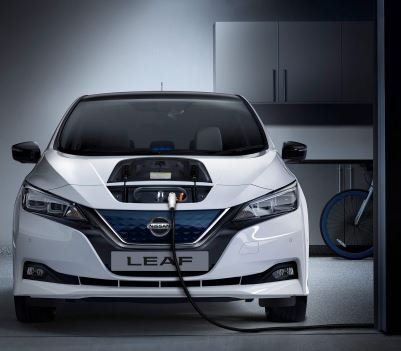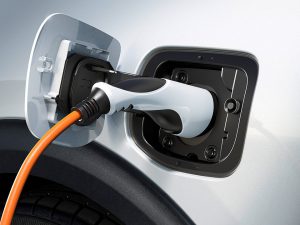There is indeed a problem with electric vehicles — only it’s not a problem with the vehicles themselves.
EVs can scarcely stay out of the news and off social media these days, and while that much exposure for a key climate solution is positive in one respect, in another, it is — more often than not — increasingly negative.
A recent study of more than 12,000 climate-related YouTube videos posted since 2018 found that old-fashioned climate denial — think “global warming is fake” — has been replaced by another breed of dissent. While straight-up denying the existence of climate change has declined by a third (harder to do when we’re all feeling it), videos discrediting climate solutions, like EVs, have more than tripled.
But it’s more than algorithm-driven misinformation underpinning the aforementioned EV problem. Too often, it’s also the news coverage EVs receive. This particular problem is not one of bad intentions or even bad incentives, but with the very mechanics of journalism — of what makes news and what does not.
For example, there’s a decent chance you read one headline or another about Teslas piling up at public chargers in Chicago during January’s wicked cold snap. While most EV drivers charge at home, sidestepping this issue entirely, the story is also missing some key context: a recent study in Norway, where a quarter of all vehicles on the road are electric, found that gas and diesel cars experience cold-related starting difficulties nearly twice as often as EVs.
Read more: CleanEnergyCanada






